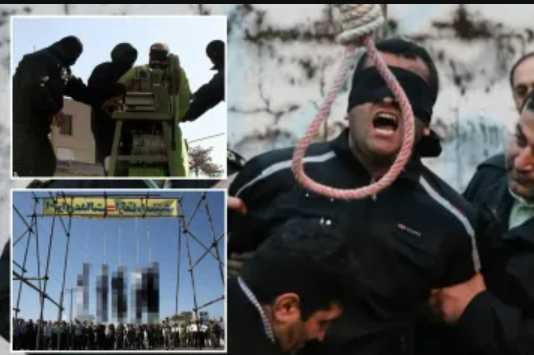Iranian authorities executed Roozbeh Vadi on Wednesday, for spying for Israel by passing information about a nuclear scientist killed during the 12-day conflict with Israel in June. The judiciary confirmed the execution followed judicial proceedings and Supreme Court approval, with the conviction stemming from his alleged role in leaking classified information from one of Iran's "key and sensitive organizations."
Vadi was reportedly a nuclear scientist employed at the Atomic Energy Organization of Iran, the country's top nuclear body, and held a PhD in nuclear engineering from Amir Kabir University of Technology in Tehran. Iranian state media, including IRIB, reported he had co-authored academic papers with two other nuclear scientists who were killed in the June Israeli strikes.
According to a video confession aired by IRIB, Vadi admitted to providing information on key nuclear facilities like Fordo and Natanz, as well as details on the movement of nuclear material. He was allegedly recruited online by Israel's Mossad spy agency and met with Mossad officers five times in Vienna, Austria.
The 12-day war in June 2025 began with an unprecedented Israeli bombing campaign targeting Iran's military sites, senior commanders, and nuclear scientists, resulting in the deaths of numerous individuals, including several nuclear scientists.
Iran responded with missile and drone strikes. In the aftermath, Iran has vowed swift trials for individuals arrested on suspicion of collaborating with Israel, leading to a significant increase in executions for espionage, with at least eight death sentences carried out in recent months.
The execution of Vadi was announced on the same day as the execution of another man convicted of being a member of the Islamic State group. He was allegedly planning terrorist operations inside Iran, as reported by Mizan.
Vadi’s execution is part of a broader crackdown, with authorities announcing multiple arrests and several executions of individuals convicted of working with Mossad.
Iran is noted as the world’s second-most prolific executioner after China, according to human rights organizations like Amnesty International. The country frequently uses the death penalty for offenses ranging from espionage to other security-related crimes, drawing international scrutiny.















